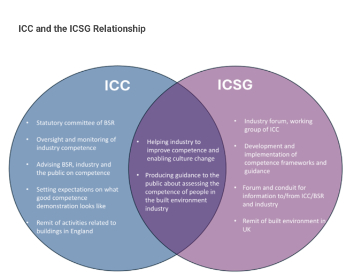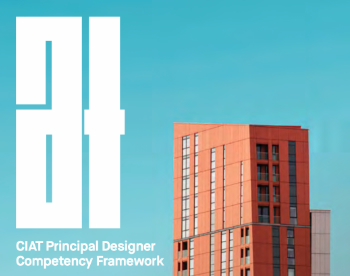Self-build home: Confirm appointment of the design and build contractor to construct the home
NB Where a single-stage procurement route has been followed, and the contractor’s initial appointment was for both design and construction, the contract sum for the construction of the home will already have been agreed.
Ideally, when the the design and build contractor's appointment to construct the home is confirmed, negotiation is a mathematical exercise following the pricing criteria agreed in the first-stage when the contractor was appointed to design the home.
The first-stage appointment might have been made on the basis of a bespoke agreement, a consultancy agreement or a pre-construction services agreement (PCSA), with an appendix setting out the tender items to be applied to the construction contract, with a clause that made it clear there is no obligation to proceed to the construction contract, and in such circumstances the pre-construction fee would be full and final settlement of the contractor's costs.
However, there are likely to be items not anticipated in the first stage, for which negotiations will be necessary.
Negotiating at this point is difficult because the contractor is ‘embedded’ in the project and there is little threat from competition. This can mean that tender prices for the second stage of two-stage contracts are higher than traditional contracts, which are subject to full competition. However, there tend to be fewer variations and fewer claims; as the contractor has a longer period of familiarity with the project and a better-developed relationship with the self builder.
Ideally there will be some means of securing an alternative bid if negotiations with the contractor fail, albeit this is likely to result in delays and difficulties in attributing design liability.
Featured articles and news
Twas the site before Christmas...
A rhyme for the industry and a thankyou to our supporters.
Plumbing and heating systems in schools
New apprentice pay rates coming into effect in the new year
Addressing the impact of recent national minimum wage changes.
EBSSA support for the new industry competence structure
The Engineering and Building Services Skills Authority, in working group 2.
Notes from BSRIA Sustainable Futures briefing
From carbon down to the all important customer: Redefining Retrofit for Net Zero Living.
Principal Designer: A New Opportunity for Architects
ACA launches a Principal Designer Register for architects.
A new government plan for housing and nature recovery
Exploring a new housing and infrastructure nature recovery framework.
Leveraging technology to enhance prospects for students
A case study on the significance of the Autodesk Revit certification.
Fundamental Review of Building Regulations Guidance
Announced during commons debate on the Grenfell Inquiry Phase 2 report.
CIAT responds to the updated National Planning Policy Framework
With key changes in the revised NPPF outlined.
Councils and communities highlighted for delivery of common-sense housing in planning overhaul
As government follows up with mandatory housing targets.
CIOB photographic competition final images revealed
Art of Building produces stunning images for another year.
HSE prosecutes company for putting workers at risk
Roofing company fined and its director sentenced.
Strategic restructure to transform industry competence
EBSSA becomes part of a new industry competence structure.
Major overhaul of planning committees proposed by government
Planning decisions set to be fast-tracked to tackle the housing crisis.
Industry Competence Steering Group restructure
ICSG transitions to the Industry Competence Committee (ICC) under the Building Safety Regulator (BSR).
Principal Contractor Competency Certification Scheme
CIOB PCCCS competence framework for Principal Contractors.
The CIAT Principal Designer register
Issues explained via a series of FAQs.

























